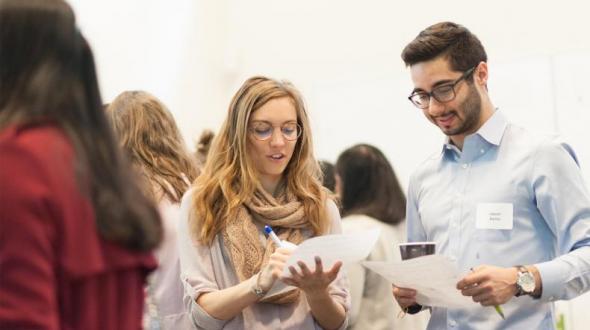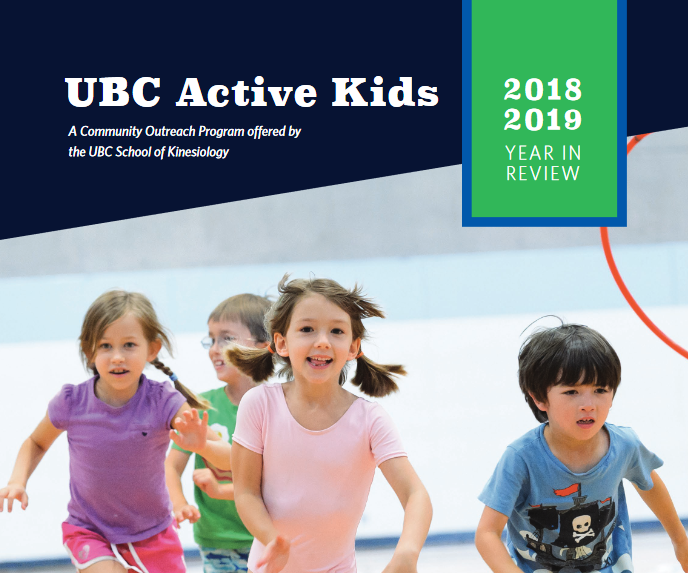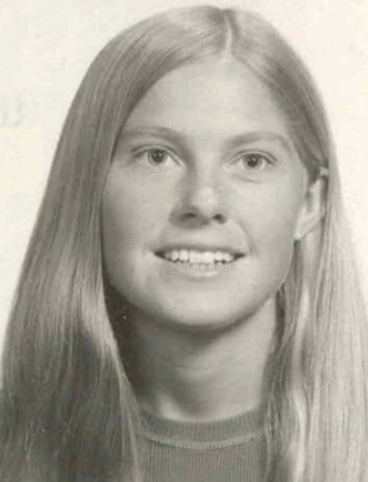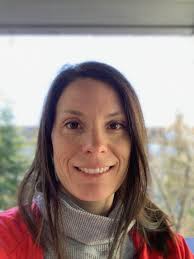
Debrand Services, Inc.-Co-Founder& Director, Business Services
ReitenRight Equestrian Inc. -Co-Founder
After ten years of experience in corporate marketing, including roles with professional sport franchises, philanthropic agencies and marketing firms, Amelia developed a holistic understanding of business operations and brand management. During her time with Inventa, a leading experiential marketing agency,she adopted an early understanding of brand marketing and the importance of brand protection.
Upon leaving the agency world, Amelia spent 2007 volunteering on the Southern coast of Sri Lanka with International Development organization, Right To Play. A strong proponent for sport and its ability affect change, Amelia worked with local agencies to empower communities to overcome the ill-effects of war, poverty and natural disaster.
With entrepreneurial blood in the family, in 2008, Amelia and co-founder Wes Baker, launched Cinder Creative Inc. which would later become Debrand Services Inc. In 2013, the two serial entrepreneurs established Reiten Right Equestrian Inc. the creator of an innovative equestrian footing product derived from recycled natural rubber yoga mats. (reitenright.com).
In her role as Director of Business Services, Amelia provides senior leadership in the areas of sales, marketing,partnership development, client relations, human resources and financial management for Debrand Services. She also acts as an advisor in the areas of Sales and Marketing for Reiten Right Equestrian. Under her leadership both businesses have experienced consistent and impressive growth, year over year.
Outside of work, Amelia enjoys living in North Vancouver surrounded by the sea and mountains with her husband, Dave and their two kids, Jonah (4) and Aubrie (1). Whenever, possible you’ll find Amelia exploring the outdoors by bike and doing her best to live and enjoy life in the moment.
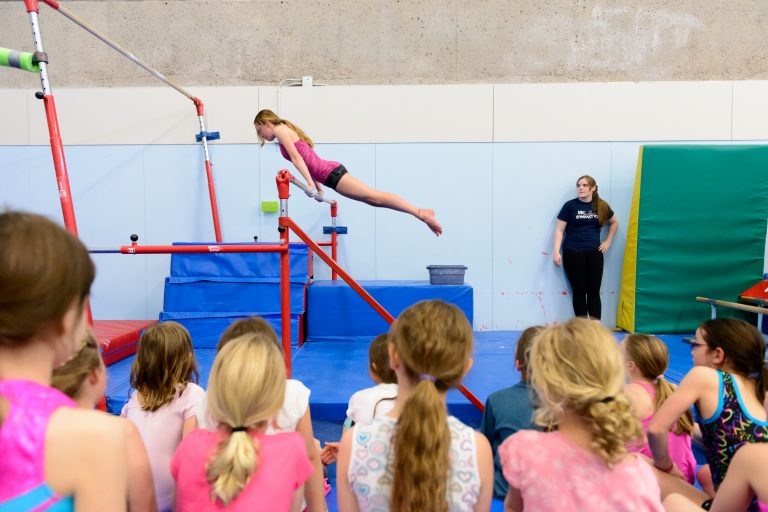



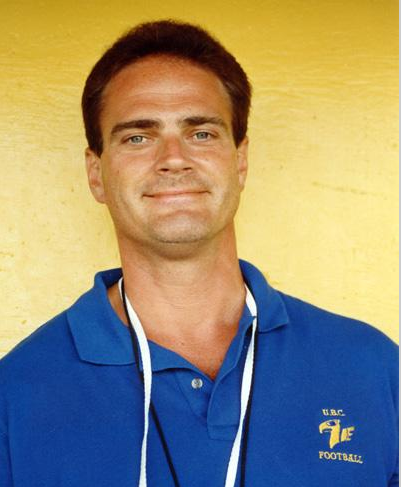 The late Casey Smith, a 1988 Kinesiology graduate, happens to be one of only three UBC head coaches to guide the ‘Birds to Canada’s university football championship, the Vanier Cup. Casey earlier played Thunderbird football from 1983 through 1985 under the tutelage of his father, Hall of Fame head coach Frank Smith, also one of those three to win a Vanier Cup.
The late Casey Smith, a 1988 Kinesiology graduate, happens to be one of only three UBC head coaches to guide the ‘Birds to Canada’s university football championship, the Vanier Cup. Casey earlier played Thunderbird football from 1983 through 1985 under the tutelage of his father, Hall of Fame head coach Frank Smith, also one of those three to win a Vanier Cup.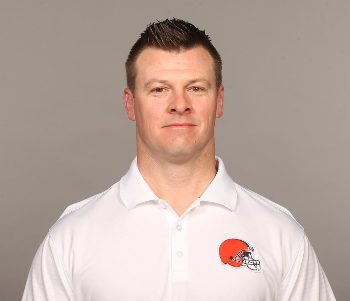 UBC Kinesiology graduate Art Tolhurst has experienced an interesting route to achievement. Attending high school in Richmond, Art was an outstanding football player with an interest and a goal. Following a year at Langara College he enrolled at UBC in Human Kinetics while playing Thunderbird football from 1997 through 2002. The 1997 Thunderbird team happened to win the Vanier Cup with Tolhurst on board and as his UBC career advanced he evolved to become one of our best, earning Canada West All-Star and All Canadian honours in 2002.
UBC Kinesiology graduate Art Tolhurst has experienced an interesting route to achievement. Attending high school in Richmond, Art was an outstanding football player with an interest and a goal. Following a year at Langara College he enrolled at UBC in Human Kinetics while playing Thunderbird football from 1997 through 2002. The 1997 Thunderbird team happened to win the Vanier Cup with Tolhurst on board and as his UBC career advanced he evolved to become one of our best, earning Canada West All-Star and All Canadian honours in 2002.